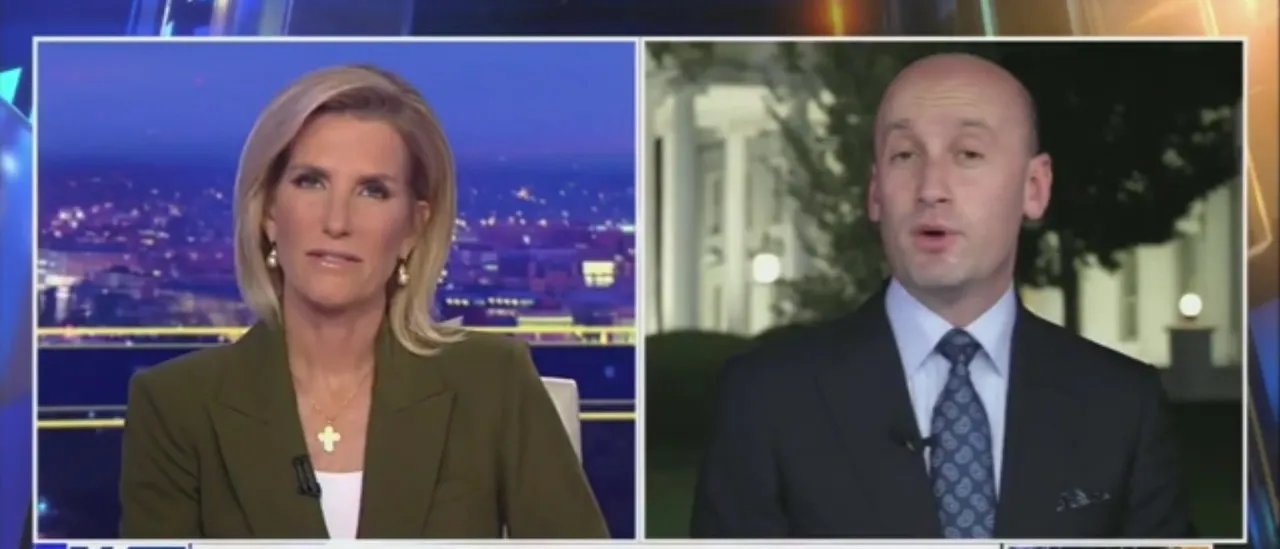Alabama’s Regulatory Conundrum Over Hemp Products
Recently, the Alabama Alcohol Beverage Control Board unveiled proposed regulations on consumable hemp products, reminiscent of past efforts that created a tangled web of confusing regulations. The ABC seems to be overreaching, adding complexities that far exceed the original intent of House Bill 445.
House Bill 445 feels a bit like a hastily assembled patchwork. It was pitched in Alabama’s political landscape as a way to “protect children,” which often serves as a blanket reasoning for restricting adult freedoms. Ironically, the very youth lawmakers it aims to shield are often more adept at finding workarounds than those drafting these laws. A savvy 14-year-old with access to the internet can likely find solutions faster than legislators can propose their next amendment.
This isn’t the first time efforts to legislate personal freedoms have backfired. Prohibition was meant to make America a safer, more moral place, yet it fostered corruption, bred organized crime, and turned many law-abiding citizens into outlaws merely for wanting to enjoy a drink. Advocates, like evangelist Billy Sunday, assured the public that the days of hardship were over, promising a transformation of prisons into productive spaces. President Herbert Hoover characterized it as a bold social and economic experiment that encompassed various motives.
History, however, revealed the folly of this mindset. The prohibition experiment ultimately collapsed under its own contradictions, serving as a testament to critics like H.L. Mencken, who pointed out that it not only failed to deliver on its promises but also exacerbated human misery.
Fast forward to discussions around hemp regulation in Alabama. Although HB445 already imposes limits on THCA levels, labeling, and packaging, the ABC has introduced additional requirements that make compliance nearly impossible for businesses. Retailers and manufacturers are now expected to file monthly reports even if they haven’t made any sales. These same entities are required to implement child-proof caps on hemp beverages while ensuring their products are well-secured. In contrast, alcohol products—far more dangerous and heavily abused—aren’t subjected to the same stringent measures. A six-pack of beer is not hidden behind glass with alarming labels while liquor like Jack Daniels doesn’t come with child-proof packaging. Lawmakers used to display some acknowledgment of reality, but now it seems like Rep. Andy Whitt is championing the hemp bill with zealous fervor, resembling the self-righteousness of those who often spoil others’ joy.
Hypocrisy is undeniable. Just a few years prior, lawmakers encouraged the growth of the hemp industry, urging farmers to invest while retailers prepared for an expanding market, and promising consumers safe, legal choices. Yet, it didn’t take long for these assurances to morph into a ban. Meanwhile, high school students across Alabama know precisely where to get their alcohol or other substances, often through older friends or acquaintances. If a teenager is determined to find it, they will. These regulations seem to target responsible adults trying to operate within the law, inadvertently driving more business into the unregulated black market.
It’s almost a silent contradiction. In Alabama, adults can enjoy alcoholic beverages freely in their own homes or at bars and restaurants, provided they don’t disrupt public order or drive. However, there is a marked discomfort with hemp, which poses far less risk than alcohol.
Consider the numbers: alcohol claims nearly 178,000 lives annually in the U.S., with millions impacted worldwide. Hemp, conversely, has no documented fatal overdoses. One substance destroys families and fills graves, while the other offers relief for various ailments. Yet we see lawmakers struggling to defend their choices about these two products.
The implications of HB445 are clear; it causes more harm than good. The livelihoods of hemp growers, small businesses, employees, and countless Alabamians relying on these products are jeopardized. It forces trade underground, leaving consumers without safety measures that labels provide and eliminating any oversight whatsoever. It seems Republican lawmakers are aware of this, as conversations about the consequences often lead to shifty glances and abrupt topic changes. They know they might have made a misstep, but admitting that in politics can be perilous.
The straightforward truth is that hemp is not alcohol; it is less harmful and safer for consumption. Yet, the regulations imposed on hemp are stricter than those on liquor, beer, and wine. This isn’t regulation; it feels more like a prohibition draped in children’s-oriented packaging. History has shown that prohibition never works.
I’ve witnessed this pattern before.
Ultimately, HB445 and the ABC’s overreach aren’t really about protecting children. They reflect a deeper concern among politicians about control and their own reluctance to admit they may lack a grasp of the world they regulate. Alabama doesn’t need another prohibition experiment; we already know the ending to this story. It won’t conclude with improved safety for children but rather with illicit dealings, echoing the hypocrisy that overshadows debates on this issue.







